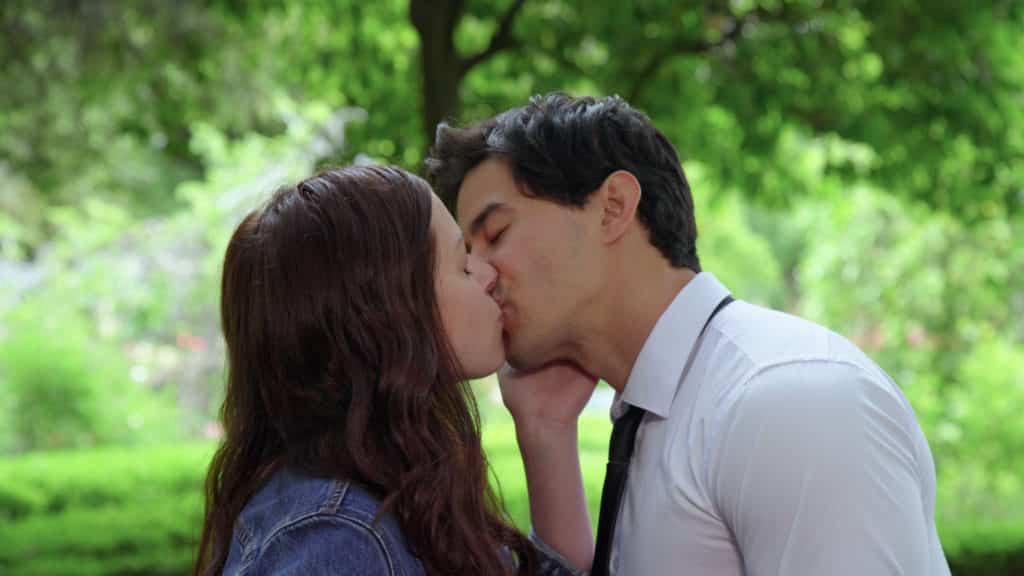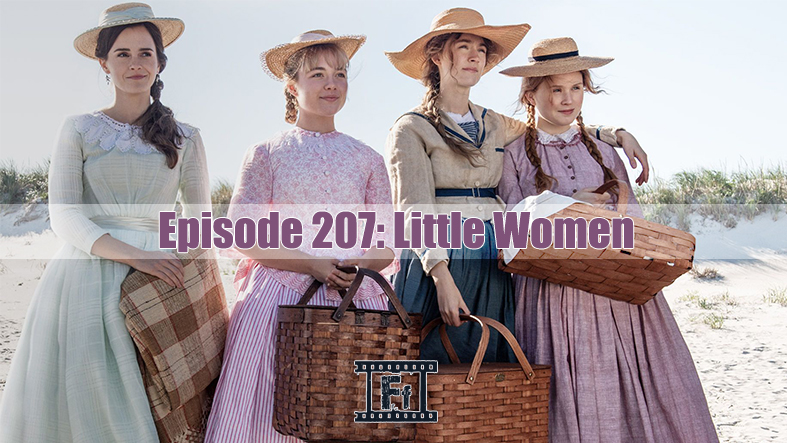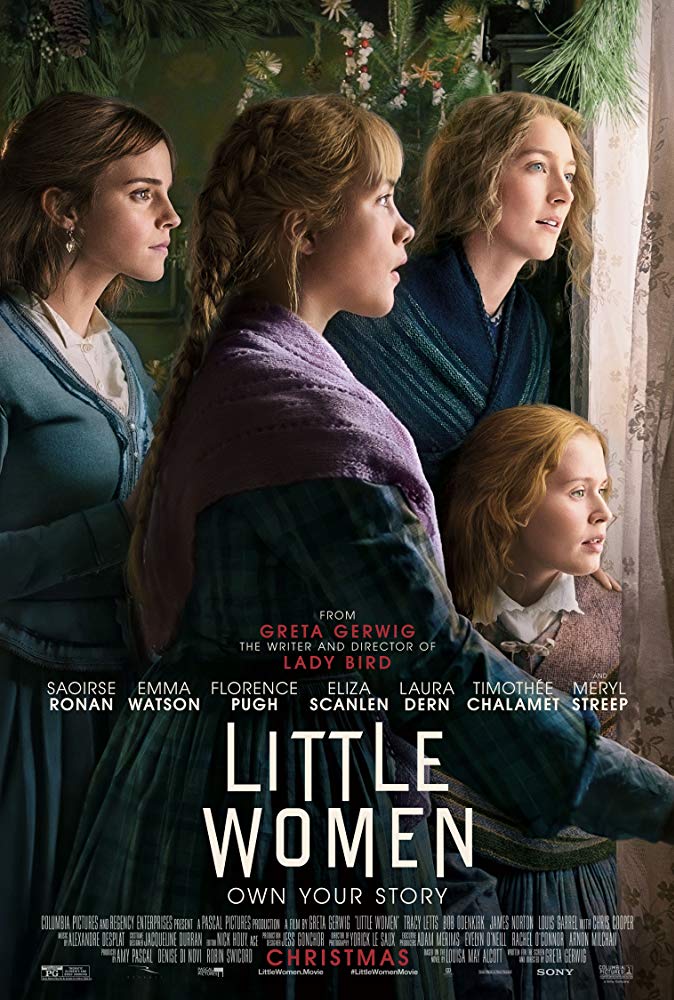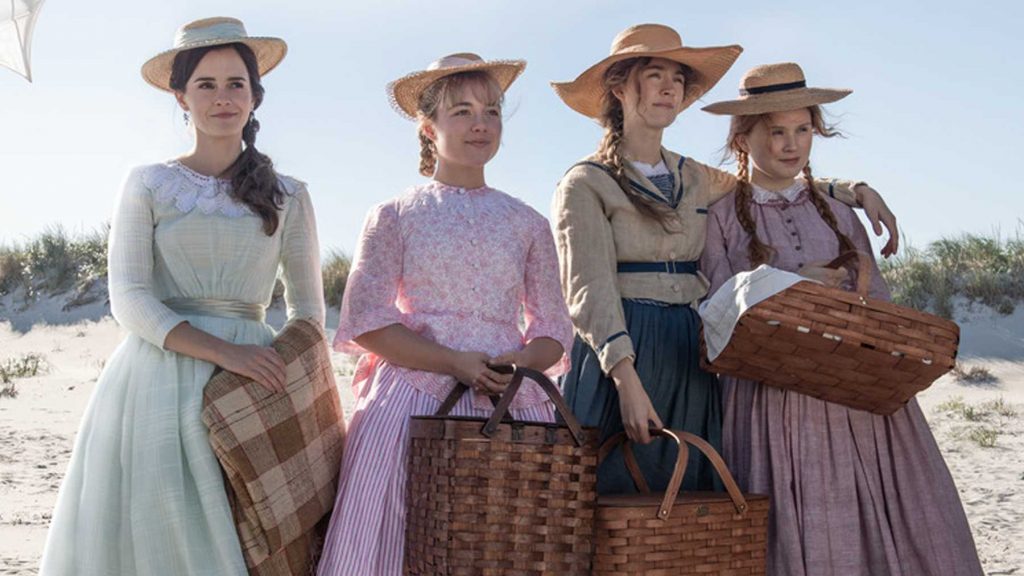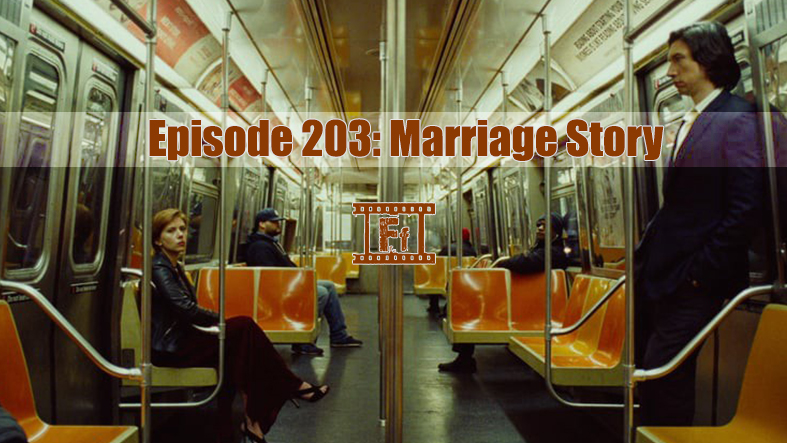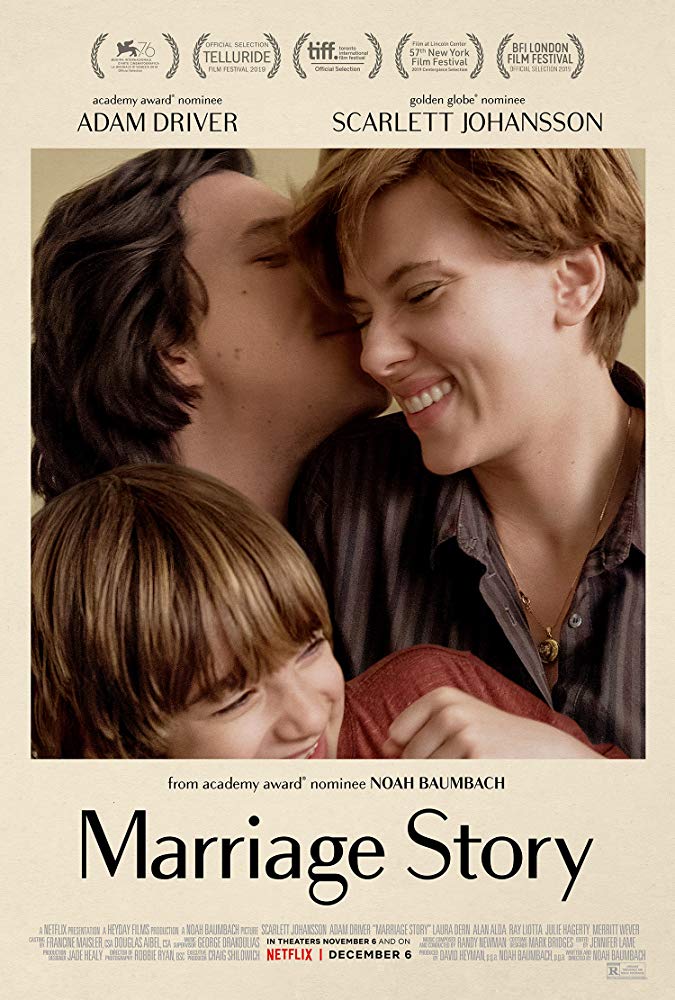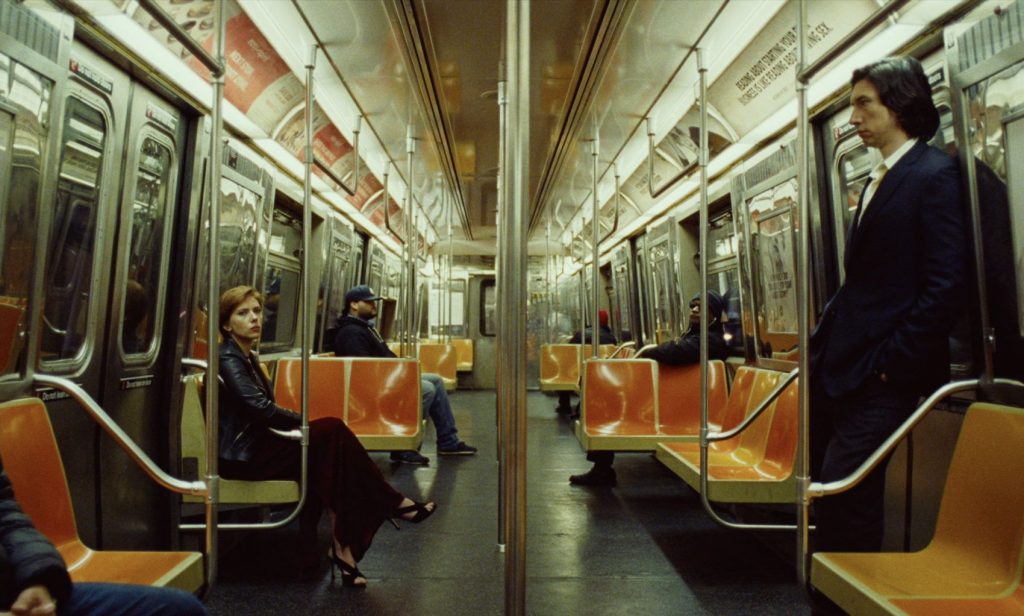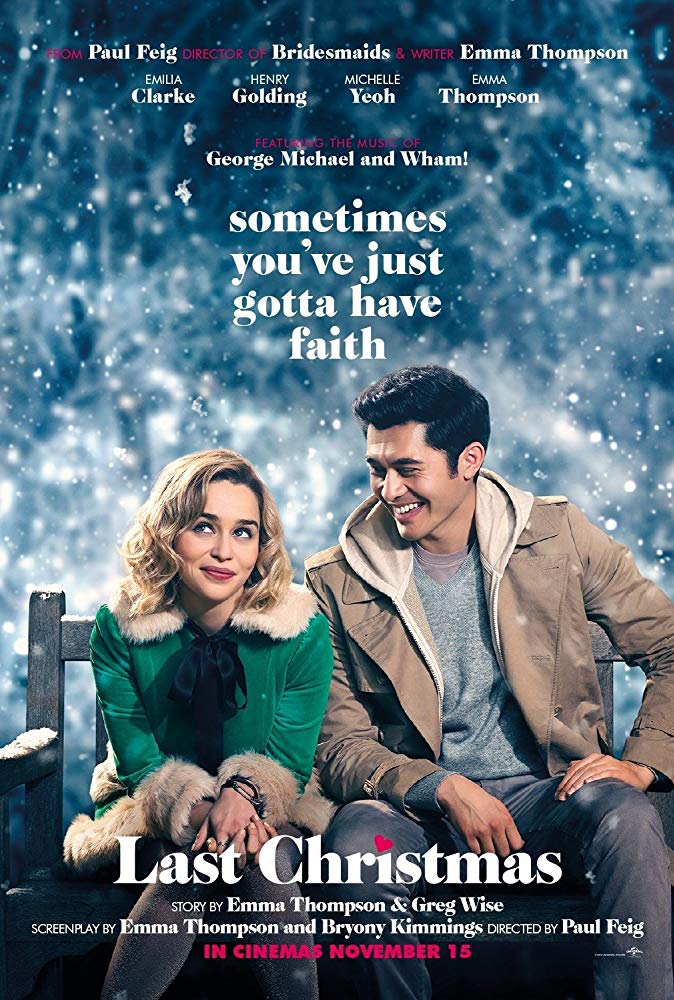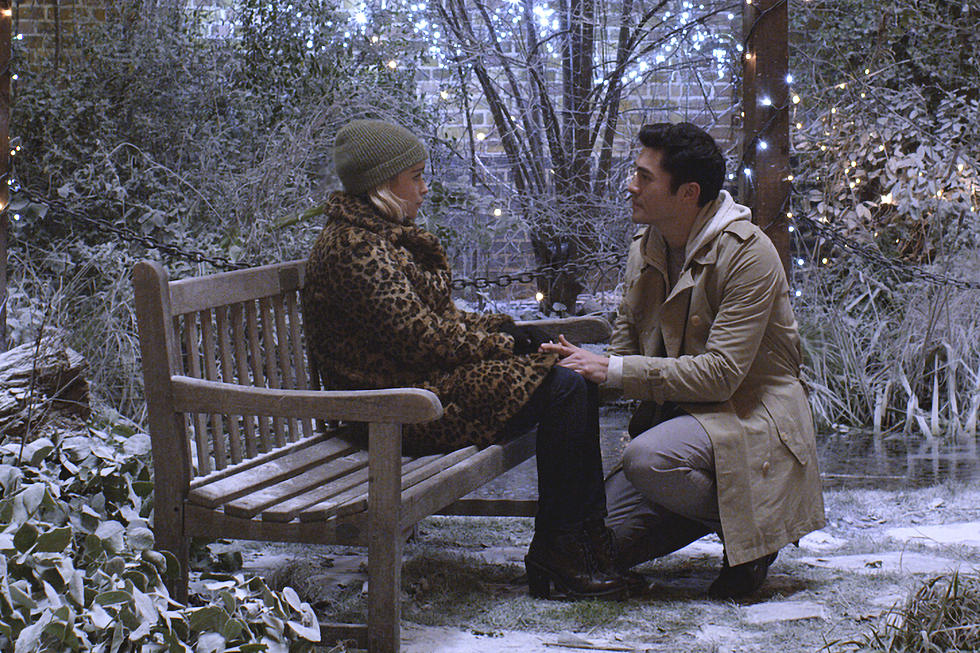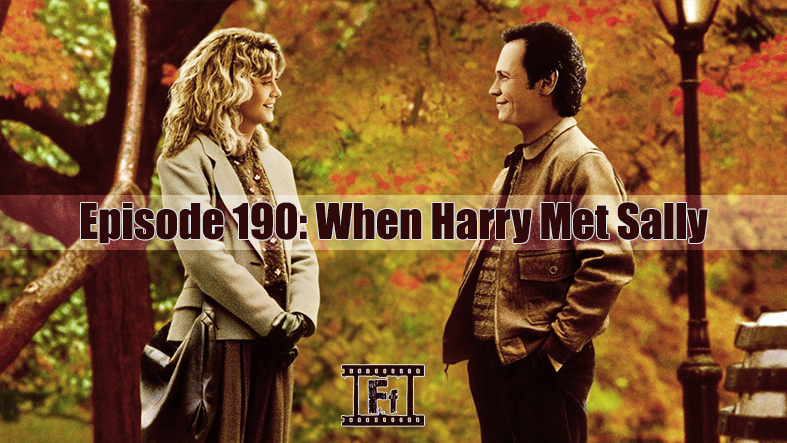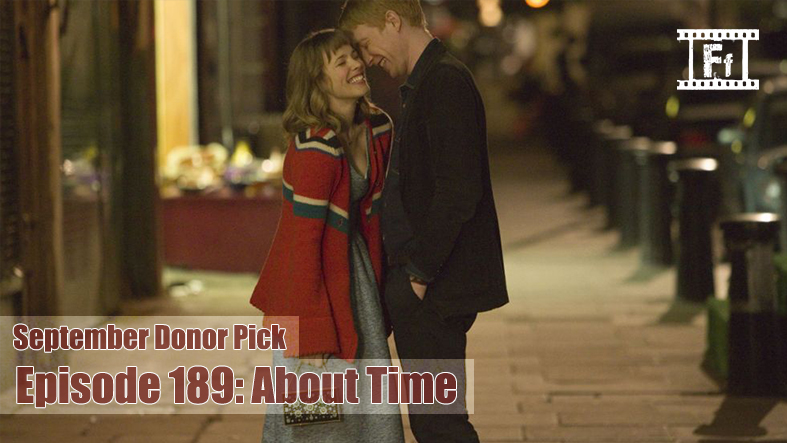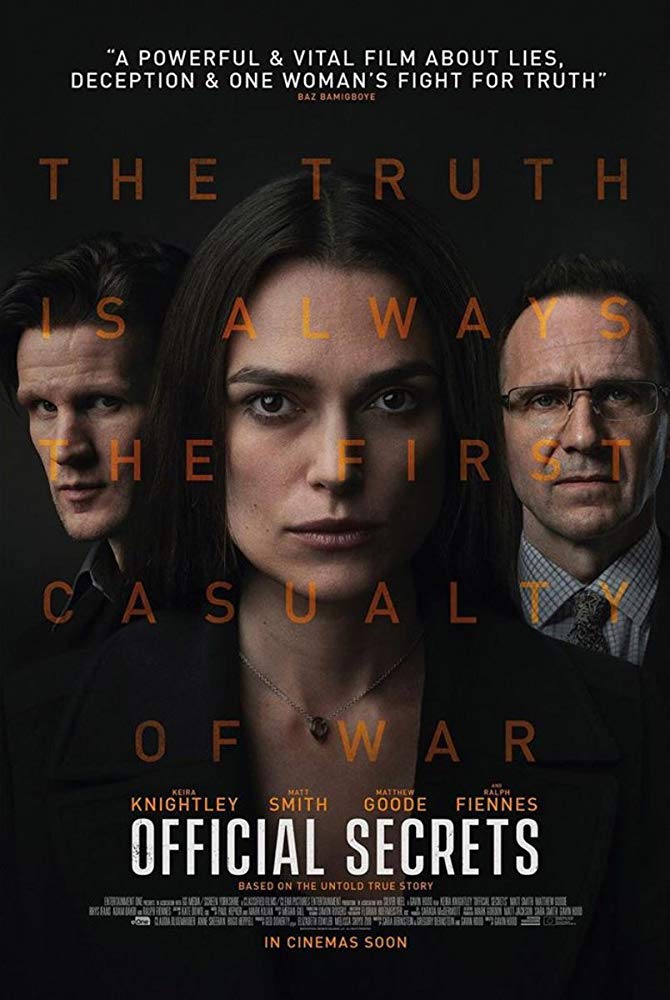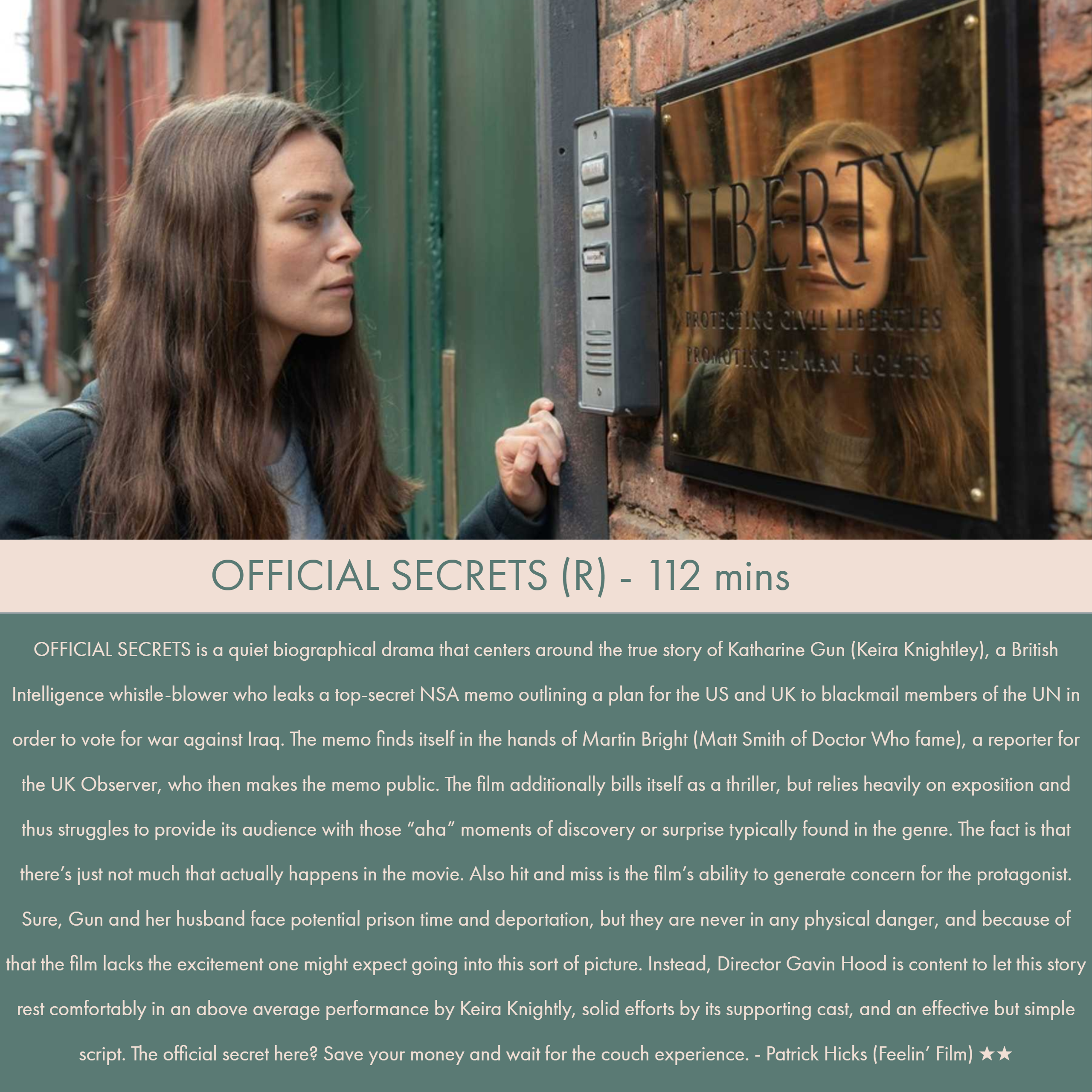Rating: R / Runtime: 1 hour and 48 minutes
Japanese director Takashi Miike is nothing if not prolific. “First Love” marks his sixtieth film in the past twenty-four years and tells the story of Leo (Masataka Kubota), a terminally ill young boxer, who by accident or fate bumps into Monica (Sakurako Konishi), a young drug-addicted prostitute, and is unwittingly caught up in a crazy night of chaos on the streets of Tokyo between warring Japanese and Chinese gangs. All of this is brought on by a young Japanese gangster named Kase (Shōta Sometani) scheming with Otomo (Nao Ōmori), a corrupt cop, to steal and sell yakuza-owned drugs in order to ignite a mafia war between the Japanese and Chinese factions. Stories like this, of course, would be quite boring if everything went according to plan, and so as you’d expect the night goes to hell quickly, and in true Miike form – violently.
American viewers coming to Miike’s films for the first time may see a resemblance to Quentin Tarantino in the way that the director uses violence. For large parts of the film’s running time, it maintains a dramatic noir-like tone, with small doses of comedy, but in a few specific scenes, he unleashes an explosion of bloody violence. The yakuza are known for wielding swords as well as machine guns and heads quite literally roll at one point. The action includes gunfights, sword fights, martial arts, and body parts flying, and though prevalent, is not non-stop, but scattered throughout in a way that makes the film’s pacing work well. Miike is always building to something, and the climax is full of the stylistic action choreography fans of series like “John Wick” will enjoy. The film’s score and sound design are also noteworthy. Both are exceptional at mood-setting and suspense-building, and contribute much to the film’s action pieces in terms of amping up the excitement, as well.
Emotionally speaking, “First Love” does have at its core a romance brewing, but it’s subtle and not in your face or overly unrealistic in the way that many love stories are. The relationship is one of two people finding redemption, overcoming despair and addiction, and finding something worth fighting and living for together. When the sun rises after this deadly night, lives will have been changed forever, and the ways in which Miike connects us to his characters throughout the film leaves viewers very invested in both their individual and collective future.
“First Love” is a thoroughly engaging modern-day Asian gangster film. Its blend of action, drama, comedy, style, and violence make it an entertaining watch and a fantastic introduction to Miike’s filmography.
Rating:
Blu-Ray Bonus Features:
The only two bonus features on the Blu-Ray disc are three film trailers (“Ip Man 4: The Finale”, “The Divine Fury”, “Freaks”) and an English language audio track. English dubs of foreign language films are notoriously terrible, but while I wouldn’t recommend watching the film with this track on, I can also say that it is one of the better ones I’ve ever heard. Again, I say “better” only relative to the fact that most are completely unbearable to listen to. It is, however, solid enough that I was able to get through the entire film and not lose enjoyment because of the voices. You definitely will lose a lot of context and expression, but the track is there for those who prefer it.
“First Love” was provided by Well Go USA Entertainment for this review. You can buy the film on VOD, Blu-Ray, and DVD on February 11, 2020.

Aaron White is a Seattle-based film critic and co-creator/co-host of the Feelin’ Film Podcast. He is also a member of the Seattle Film Critics Society. He writes reviews with a focus on the emotional experience he has with a film. Follow him on Facebook and Twitter to be notified when new content is posted.


